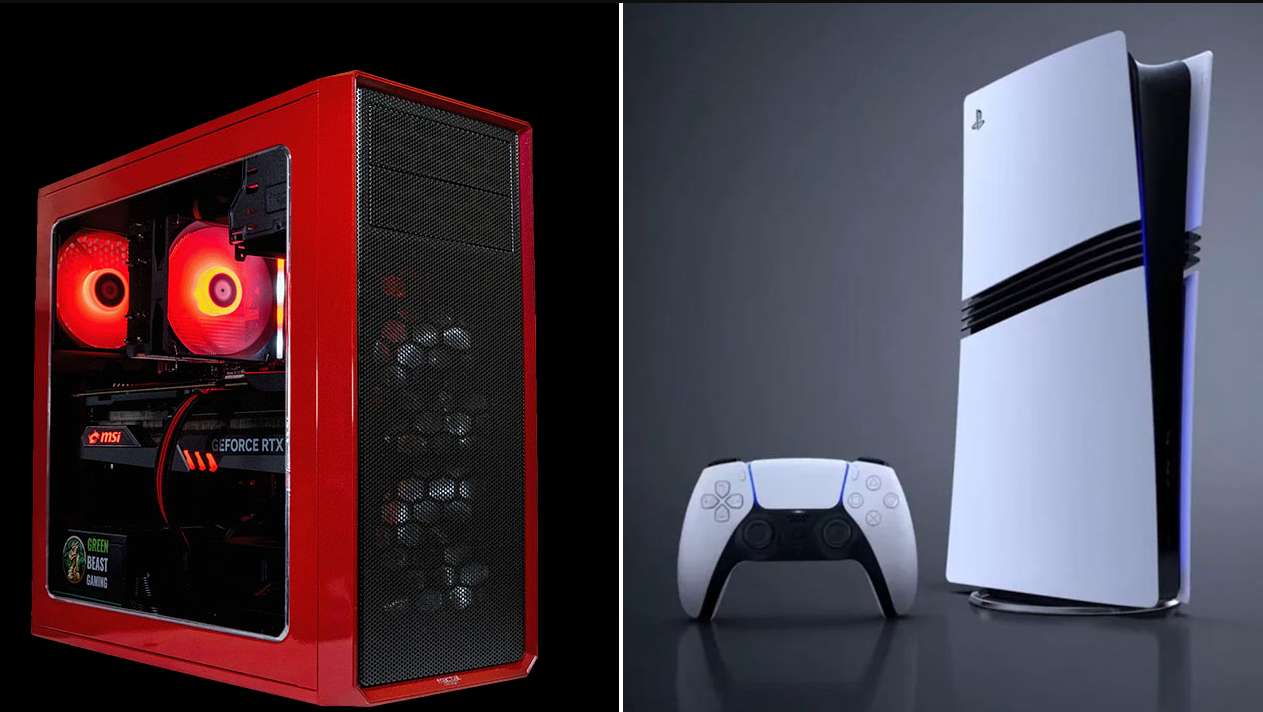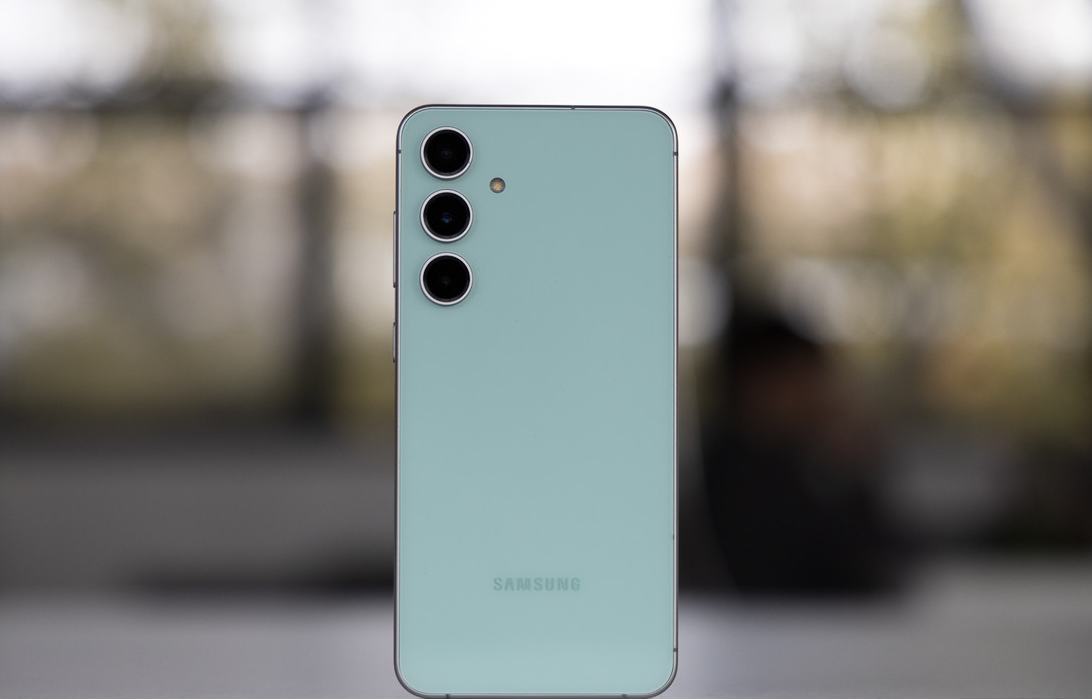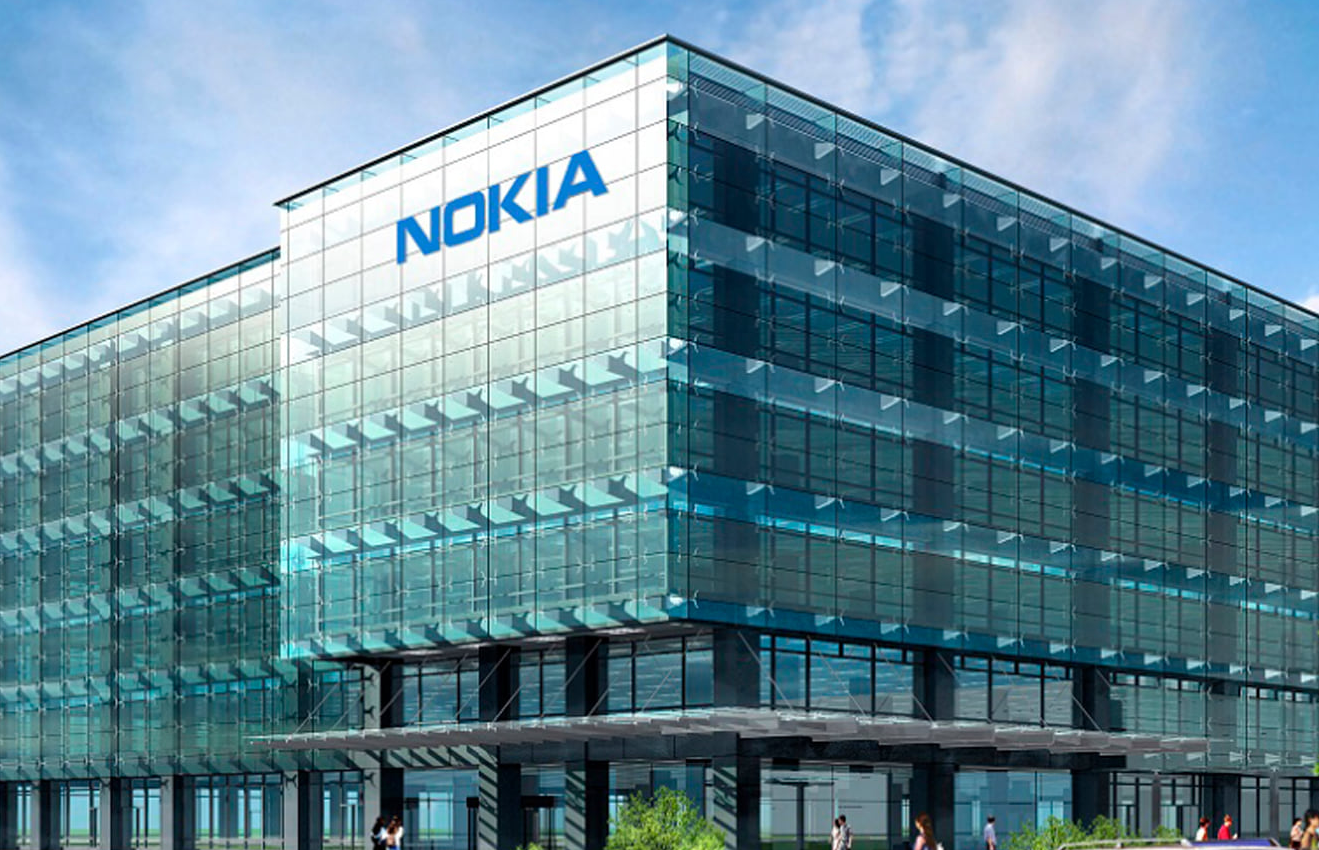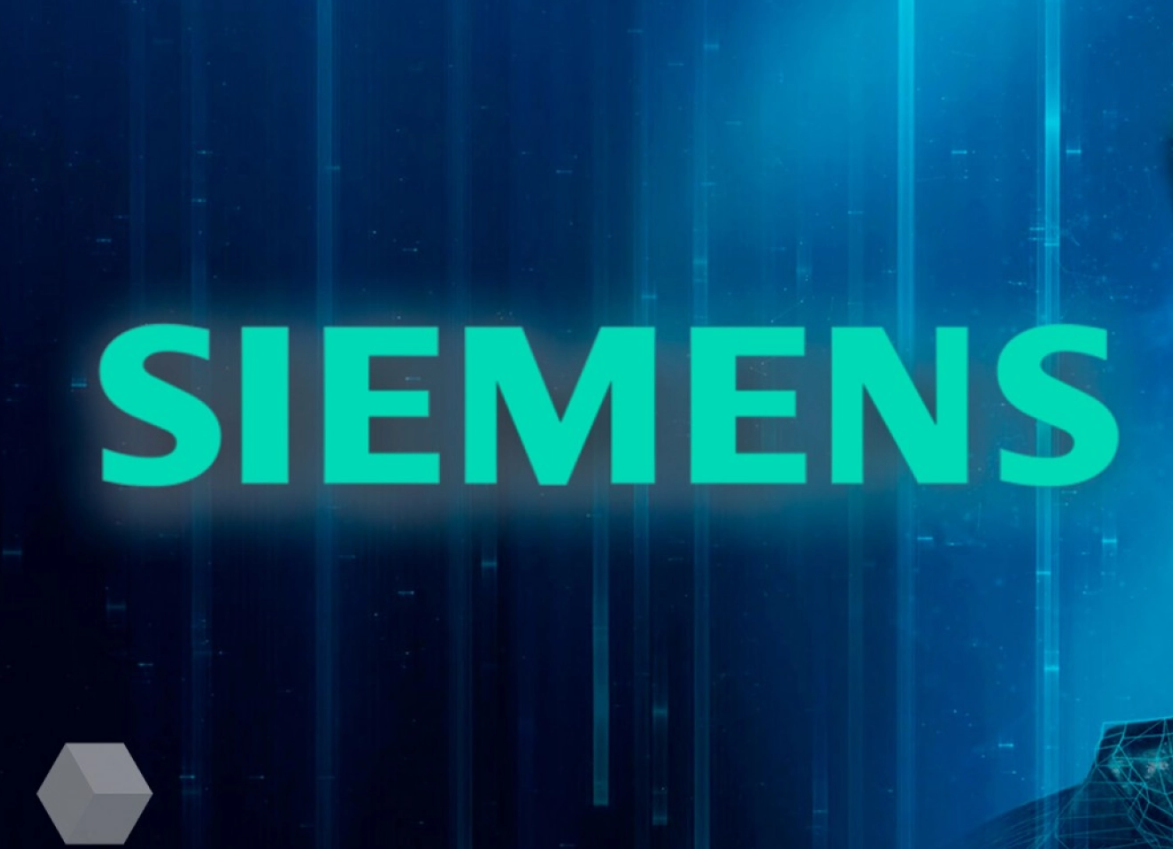With the digital world expanding and data accumulating at an incredible rate, choosing the right hard disc drive (HDD) is crucial for everyone who uses a computer. A hard drive doesn’t just store files – it’s a key element of your system, storing everything from personal data and important documents to games and multimedia. The variety of models and specifications can make this a difficult choice.
The right HDD can not only improve the overall performance of your computer, but also ensure long-lasting and secure storage of information. In this article, we will discuss the main aspects to consider when choosing an HDD to help you make an informed decision, taking into account your personal needs and financial capabilities.
We’ll cover all the key points – from storage capacity to speed, size, interface, cache capacity and noise level – so you can find the perfect hard drive that will serve you reliably for years to come.
Let’s go into the world of HDDs and find out how to choose the best option for your needs!
Hard disc memory capacity
The storage capacity of a hard disc drive (HDD) plays a crucial role in its ability to perform various functions. Measured in gigabytes (GB) or terabytes (TB), it should be selected based on your specific needs. Users who need to store large amounts of data, such as high-resolution videos, photos, or large game collections, should choose an HDD with a larger capacity. For those who store mainly text documents or small programs, a smaller capacity HDD will also be a more economical option.
Storage Memory Capacity
The capacity of a hard drive is a key metric that determines its ability to store data. It is measured in terabytes (TB) or gigabytes (GB) and should be tailored to your needs. For users whose activities involve storing large media files such as video, audio or images, it is recommended to choose an HDD with a higher capacity. In the case of limited needs, such as storing text files or small programs, a drive with a smaller storage capacity will do. When making your selection, consider both your current and projected storage needs.
Rotational Speed Characteristics
The operating speed of a hard drive, expressed in revolutions per minute (RPM), has a significant impact on its performance. Typical speed settings are 5400 or 7200 RPM. Models with increased speed provide faster access to files, which is especially important for gamers or professionals engaged in video editing. However, be aware that these drives may consume more power and generate more heat.
Form Factor and Connection Type
Selecting the size and type of HDD connection depends on the design of your computer. For desktop PCs, 3.5-inch drives are suitable, while 2.5-inch drives are suitable for laptops. As for the interface, modern systems are usually equipped with the SATA interface, which offers high data transfer speeds and outperforms the older IDE standard.
Buffer (Cache) Memory
Buffer memory in hard disc drives is used to optimise the reading and writing of information. Drives with a large amount of buffer memory tend to run faster, which is critical for performance-intensive tasks such as gaming or processing large files. HDD cache size can range from 8 to 256 MB.
Noise Performance and Reliability
The level of noise a hard drive makes during operation is especially important for use in quiet locations such as home offices. In addition, the reliability and longevity of the device are also important factors. It is advisable to research user reviews and expert ratings on various HDD models and brands to make an informed choice.
Cost
The price tag of a hard drive most often reflects its capacity and overall performance characteristics. It is important to determine your budget and find a device that meets both your financial capabilities and technical requirements.
Additional Functional Features
Some models of modern hard drives offer advanced features such as data encryption for increased security or special technologies to reduce vibration, helping to extend the life and overall reliability of the device.
Buyers Tip: How to Choose a Hard Disk Drive
When selecting a hard disk drive (HDD) for your PC, it’s important to pay attention to a number of key features to achieve the best combination of performance, capacity and cost. Here are the main factors to consider:
- Estimating the amount of memory required: Decide how much storage you need. If you plan to store large amounts of multimedia content such as videos and photos, or if you have a large collection of games, you may want to choose an HDD with more memory. For more basic needs, such as document storage, a smaller drive is fine.
- Disc Speed: This parameter, expressed in revolutions per minute (RPM), affects how quickly data can be read and written to the disc. High-speed models provide faster data access, but may increase noise and heat generation.
- Suitable Size and Interface: Choose the right hard drive size for your computer – 3.5″ for desktops and 2.5″ for laptops. It is also important to choose the right interface (SATA or IDE) for compatibility with your system.
- Importance of Cache Memory: Hard drives with more cache memory can provide better performance, especially for frequent data operations.
- Noise Level and Durability: If you prefer quiet operation, choose models with lower noise levels. It is also worth paying attention to reviews on the reliability and longevity of different brands and models.
- Value for money: Expensive models are not always the best choice. Find the right balance between cost and the features you need.
- Additional Options: Consider hard drives with additional features such as data encryption or vibration reduction, which may be useful depending on your requirements.
By carefully analysing these aspects, you will be able to choose a hard drive that perfectly suits your data storage and computer needs.
Conclusion
Choosing an HDD is a balance between your needs, preferences and budget. By considering all these factors, you will be able to make an informed choice and purchase an HDD that will effectively meet your storage, speed and reliability requirements. It is important to consider not only your current needs, but also your future needs so that the HDD you choose can serve you for years to come.
Switch to reBITme now and start saving today! Experience the joy of saving money with reBITme when choosing a hard disc drive. Enjoy your choice! Your cashback is already waiting for you!




